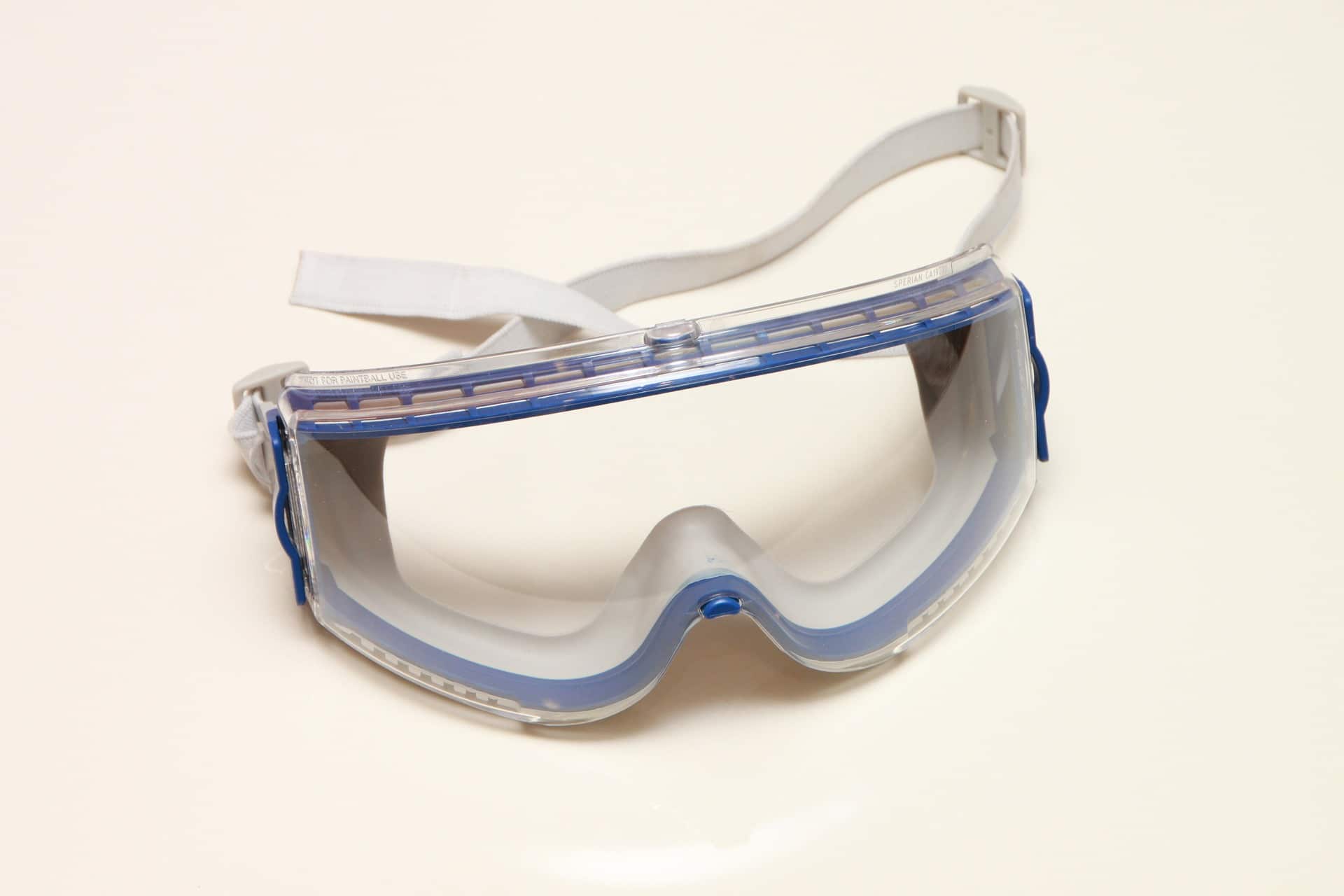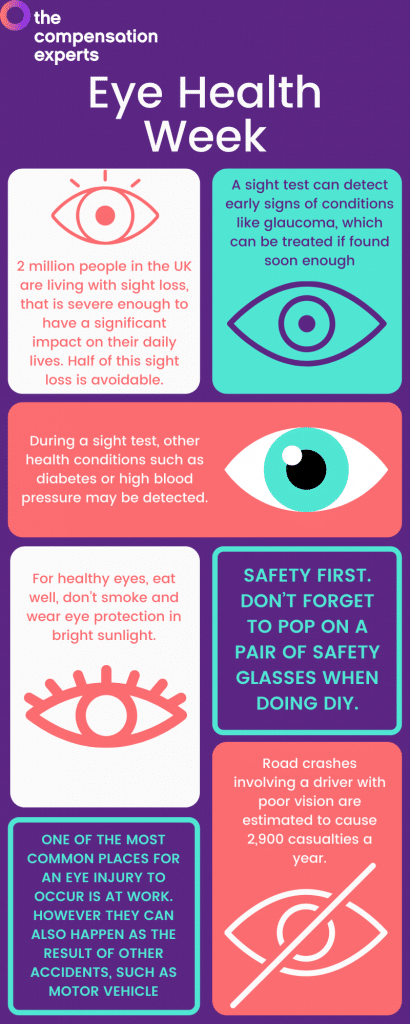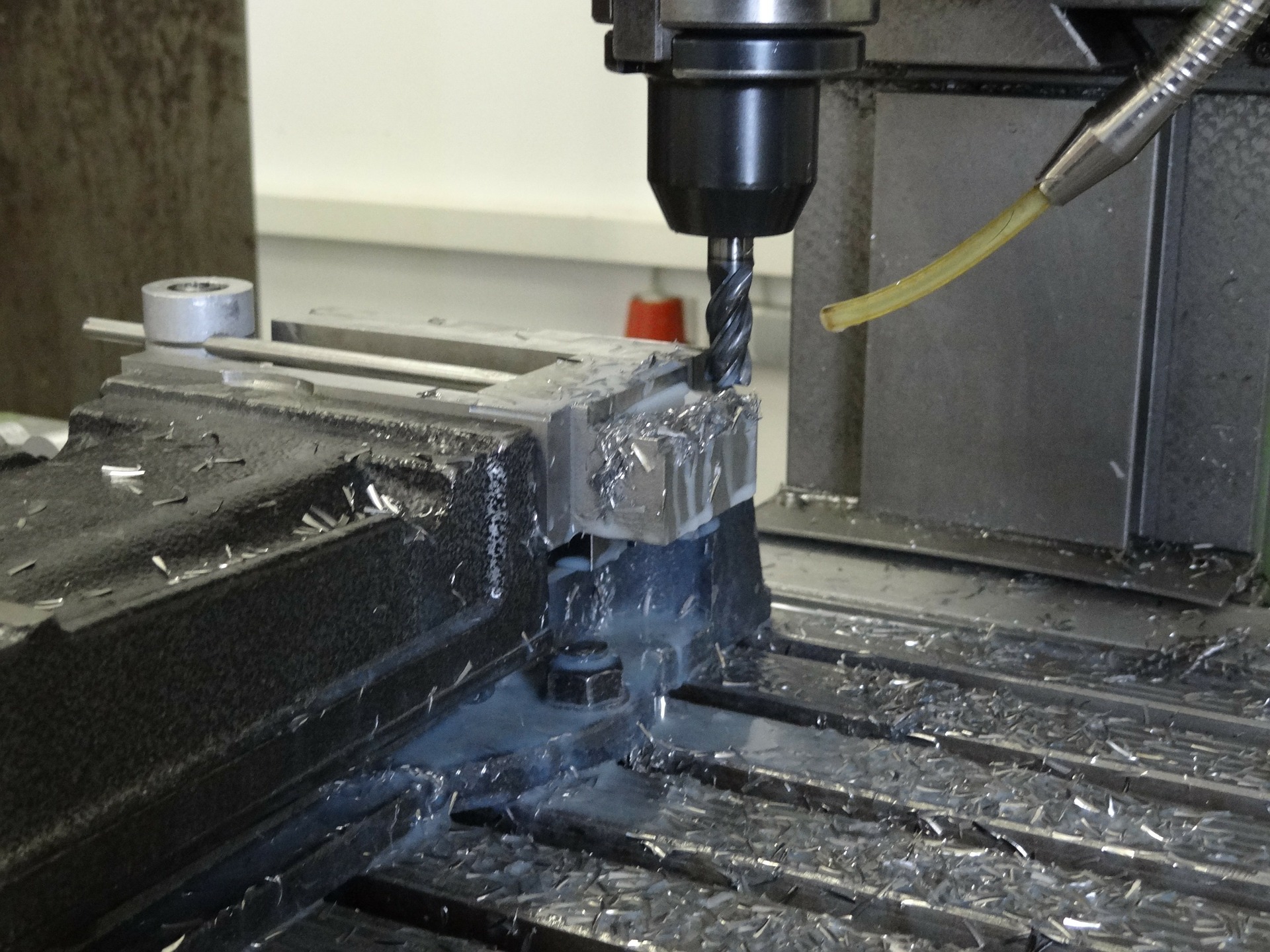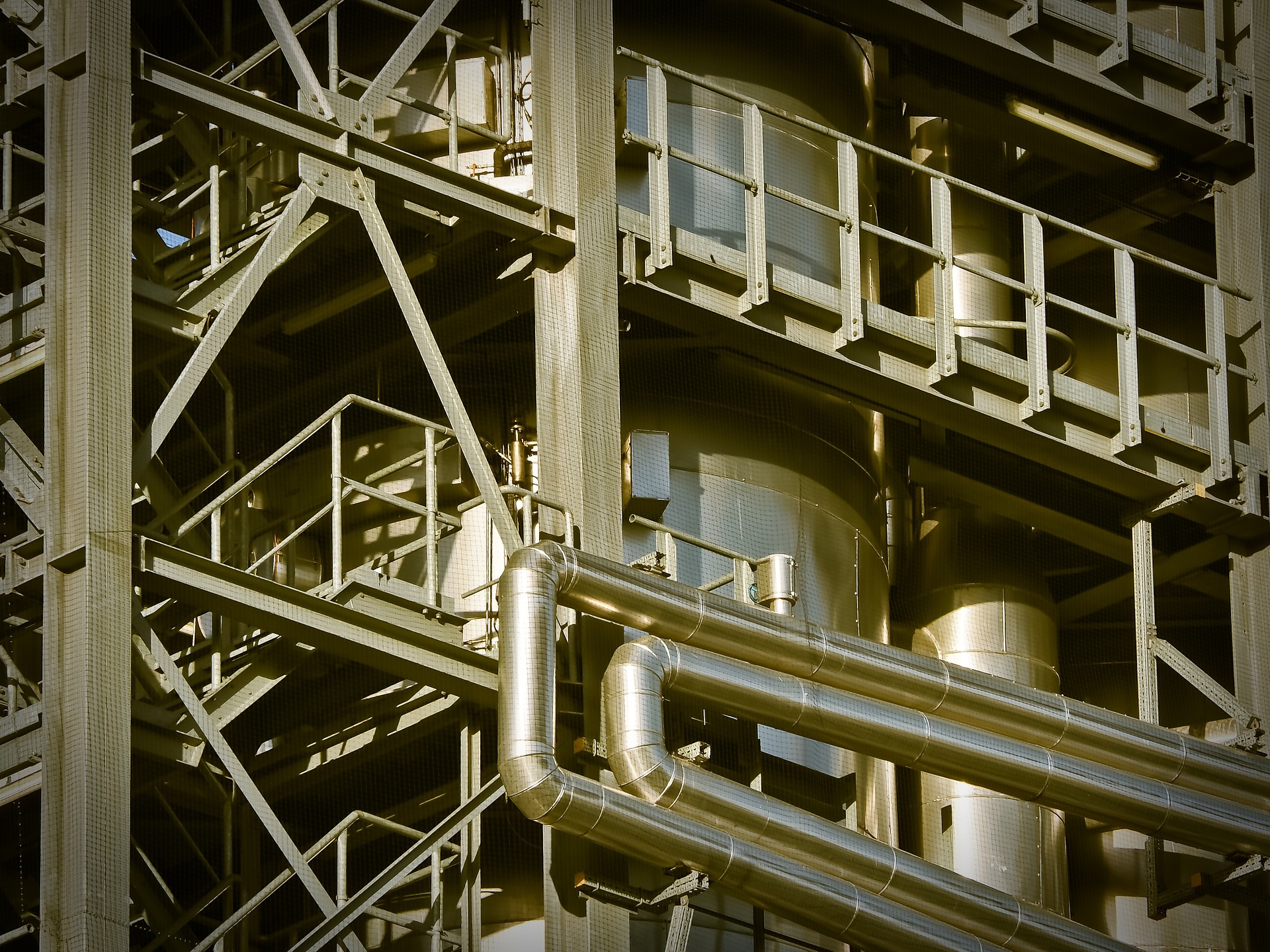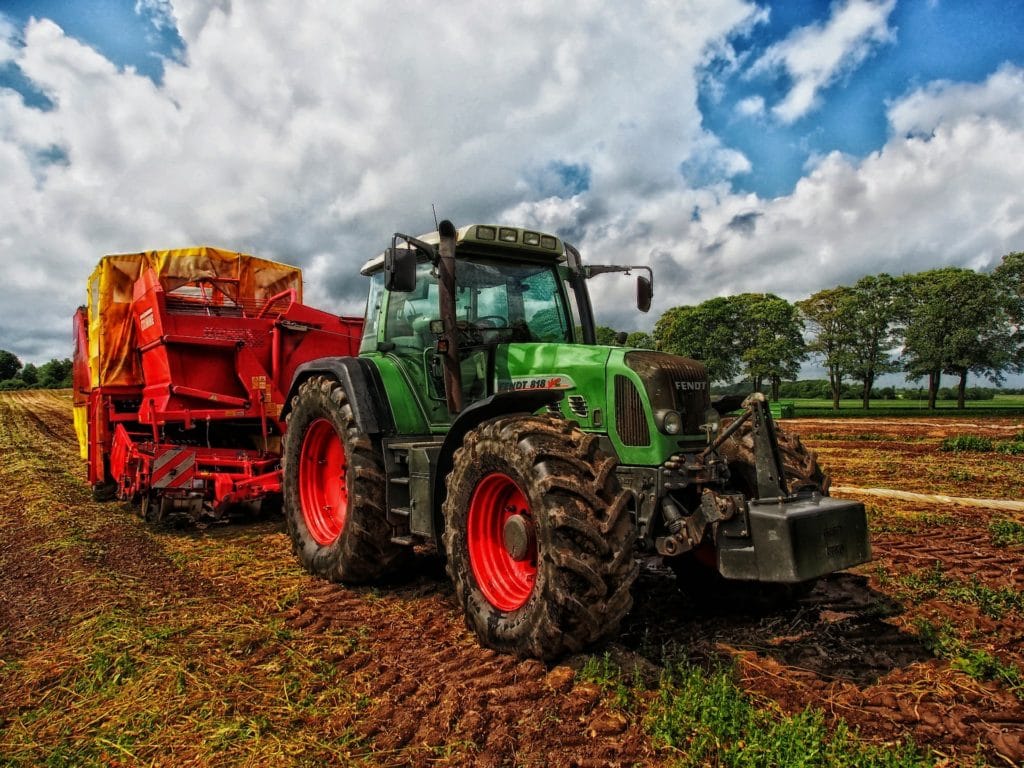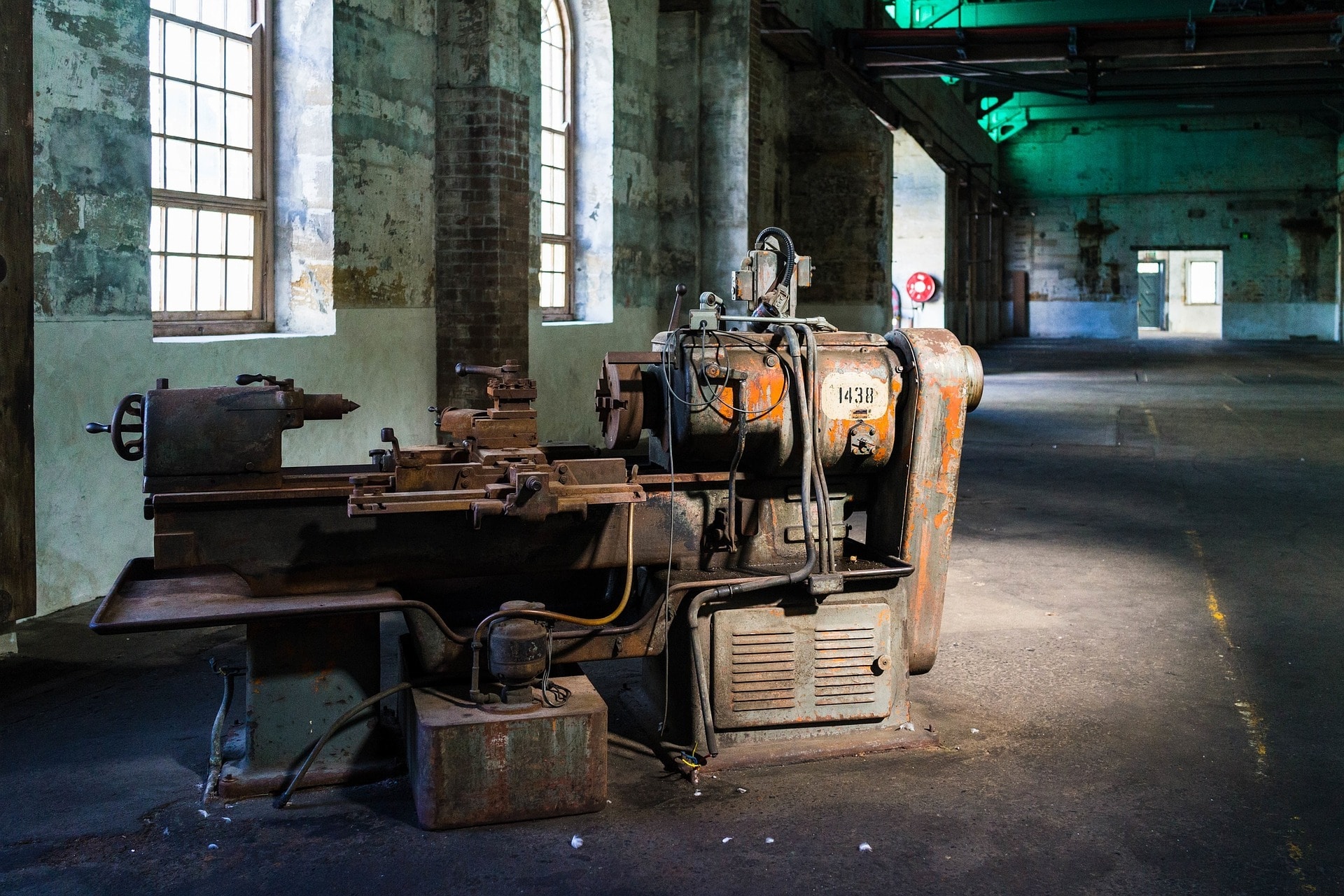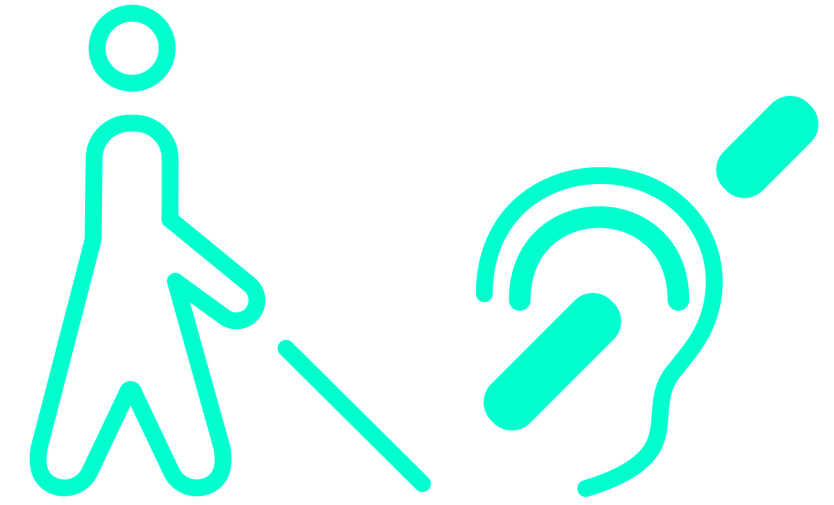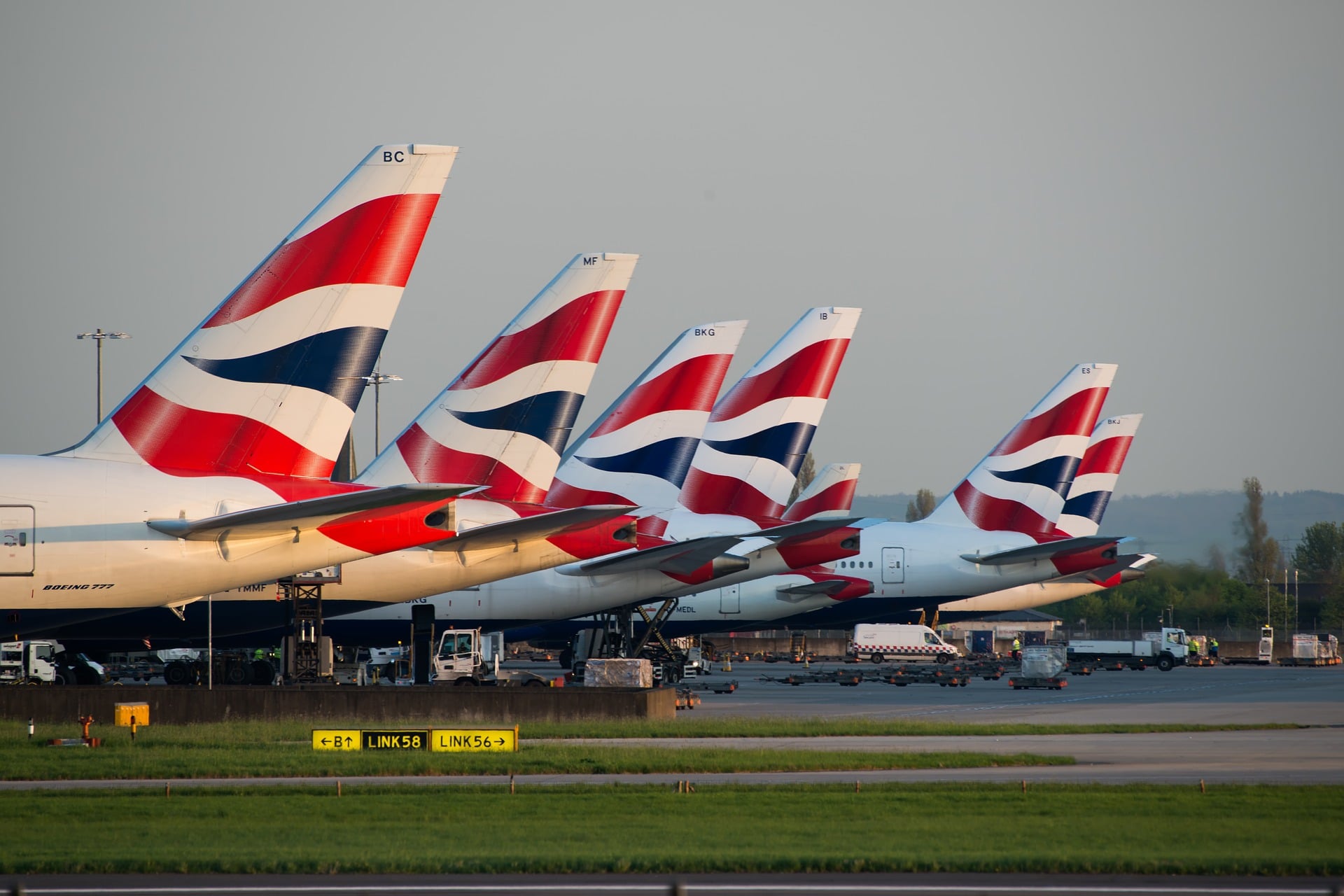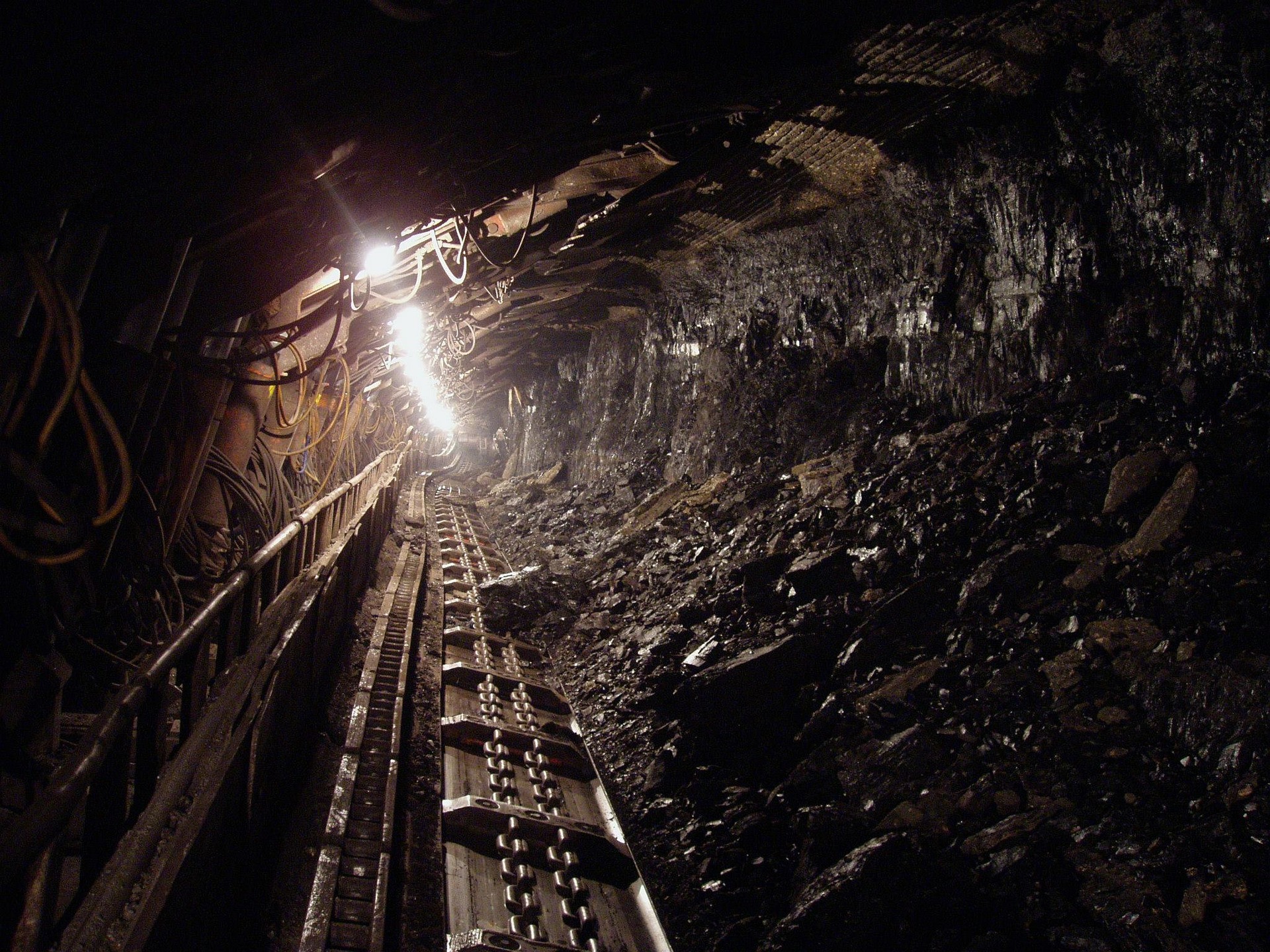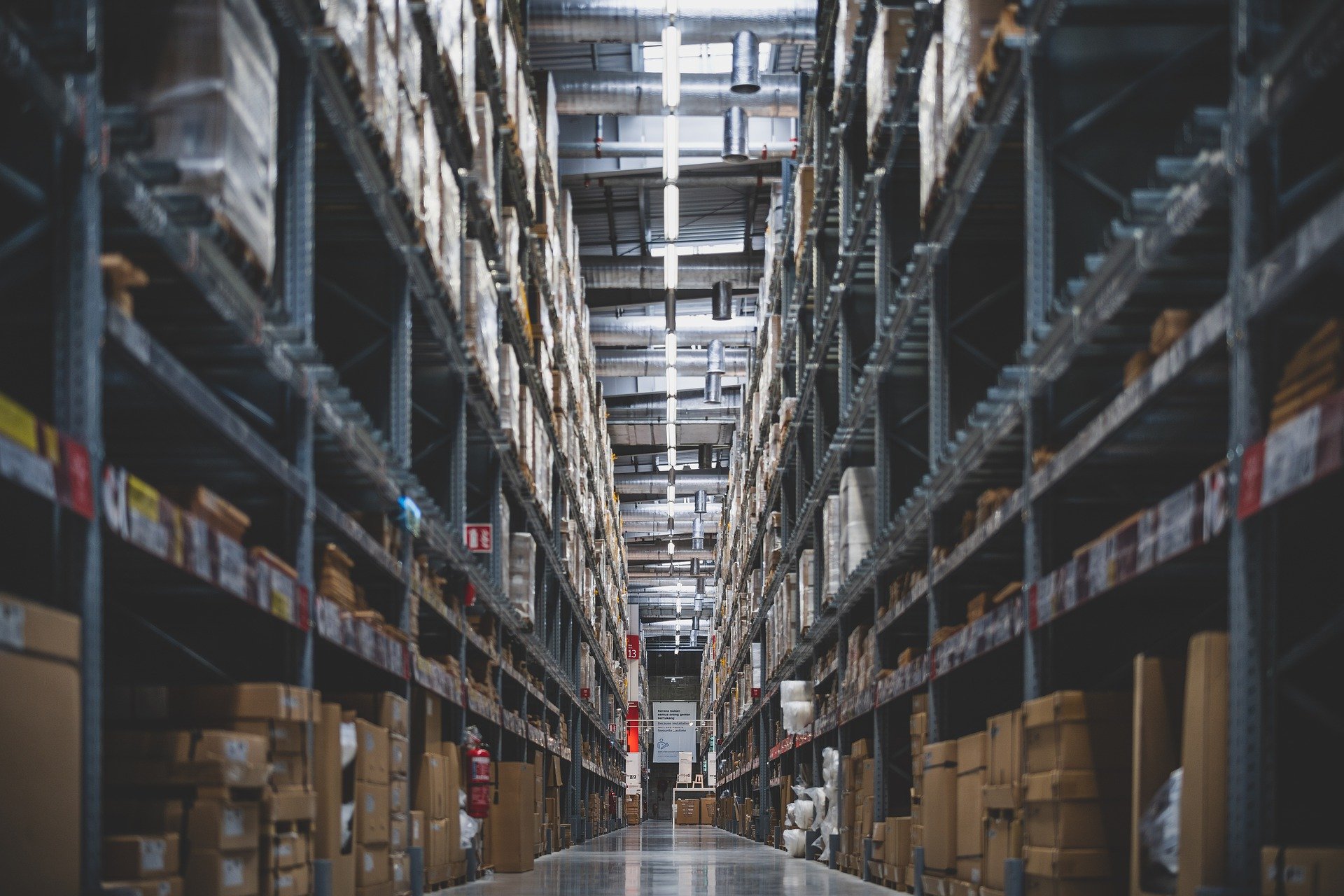There are many different types of accident at work that you may suffer from, and they all come with their own types of injury. However, there are some common injuries at work that happen in a variety of workplaces.
These injuries happen in workplaces ranging from construction to office work. However, according to the Health and Safety Executive (HSE) the most common industries where accidents happen are agriculture, forestry and fishing, and construction.
Most Common Injuries at Work
There are various ways you can be injured at work. The most common accidents are slips, trips, and falls, manual handling and carrying, being struck by a moving vehicle or falling object, and falls from height. Similarly, there are many injuries that you can have in these accidents. Some of the most common injuries at work include:
- Musculoskeletal injuries
- Fractures and breaks
- Strains and sprains
- Burns
- Lacerations/open wounds
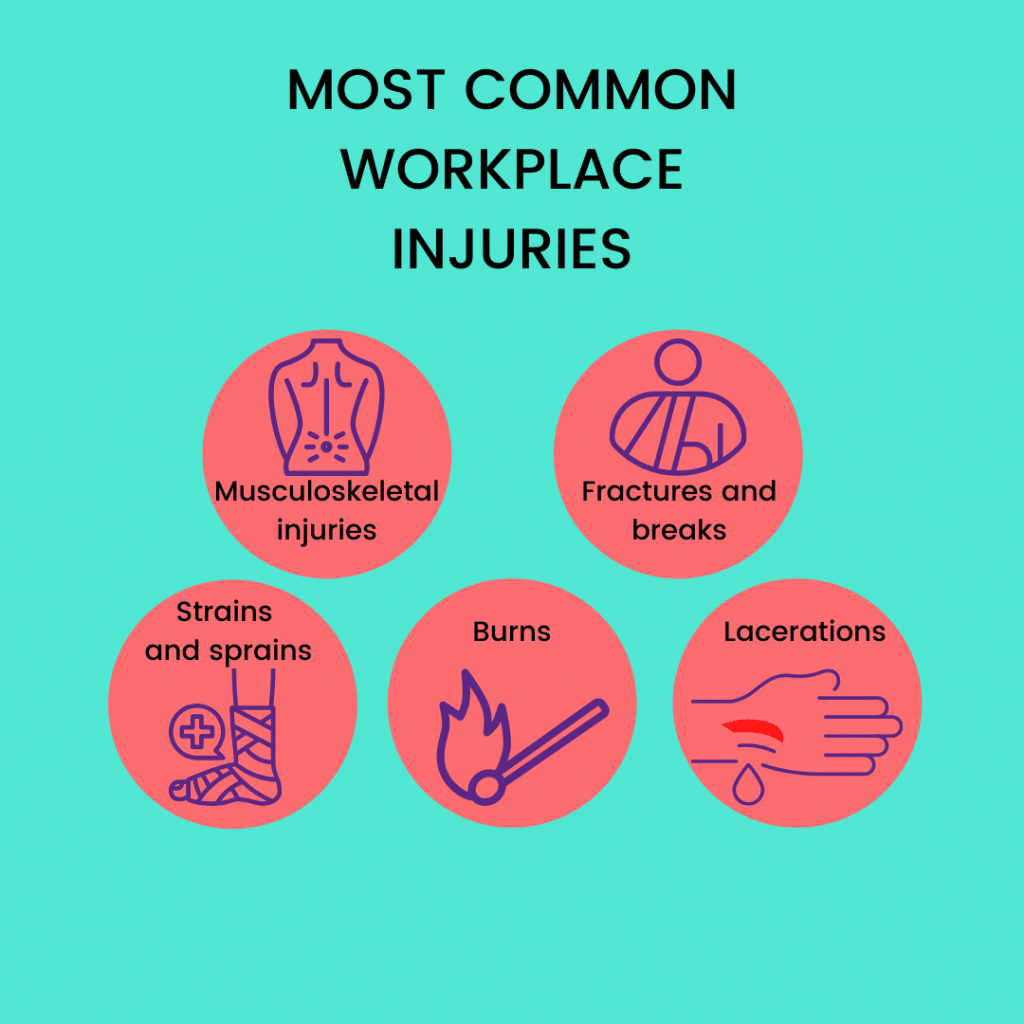
Musculoskeletal Injuries
The most common injuries at work are musculoskeletal disorders. According to the Health and Safety Executive (HSE), there were 480,000 Workers suffering from work-related musculoskeletal disorders (new or longstanding) in 2019/20.
Employers must protect workers from the risks of musculoskeletal disorders (MSDs) being caused or made worse by work. Musculoskeletal injuries include injuries and conditions that can affect the back, joints, and limbs.
The parts of the body most likely to be affected by musculoskeletal injuries are the lower back, shoulders, forearms, wrists and hands, neck, hips, legs, knees, ankles, and feet.
Workers can have different kinds of musculoskeletal conditions at the same time, and because of the same accident.
Claiming for Common Injuries at Work
It is your employer’s responsibility to keep you safe from a work accident. This means that they must make sure you have the correct training and equipment to be able to do your job correctly. They must also carry out risk assessments. This is to ensure it is safe to do the job.
If your employer has not followed the guidelines to keep you safe at work, or has done so incorrectly, you may be able to claim compensation. We understand that you may feel uneasy about claiming against your employer, however all employers must have employer’s liability insurance. This covers the costs of accidents at work. It is the insurance company who would pay the compensation, so your employer would not be directly out of pocket.
If you have had an accident at work, and your employer did not take precautions to keep you safe at work, then you may be able to make a compensation claim.
How we Can Help
Here at The Compensation Experts we work with people who have years of experience dealing with personal injury claims. This includes common injuries at work. So contact us today by filling in our contact form. Or call us on 01614138765 to speak to one of our friendly knowledgeable agents.

